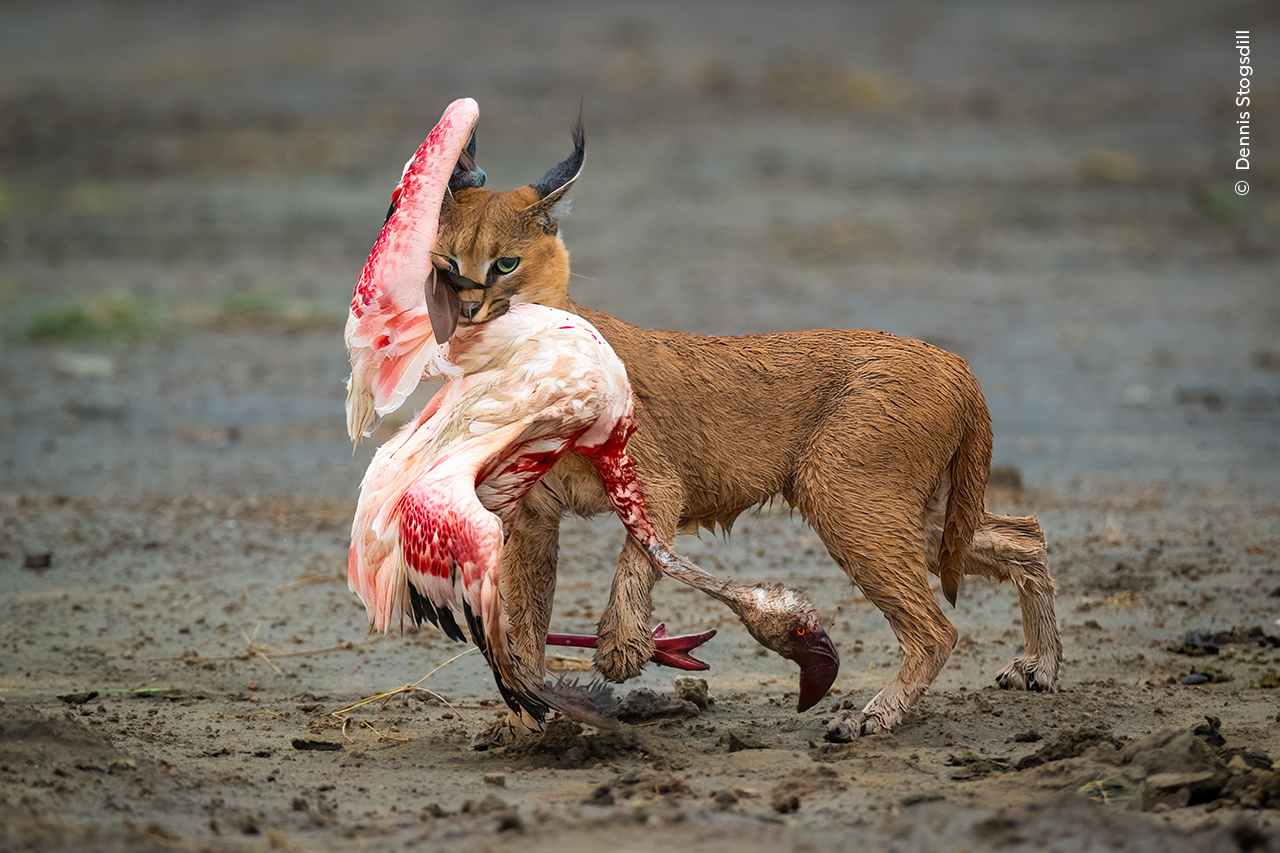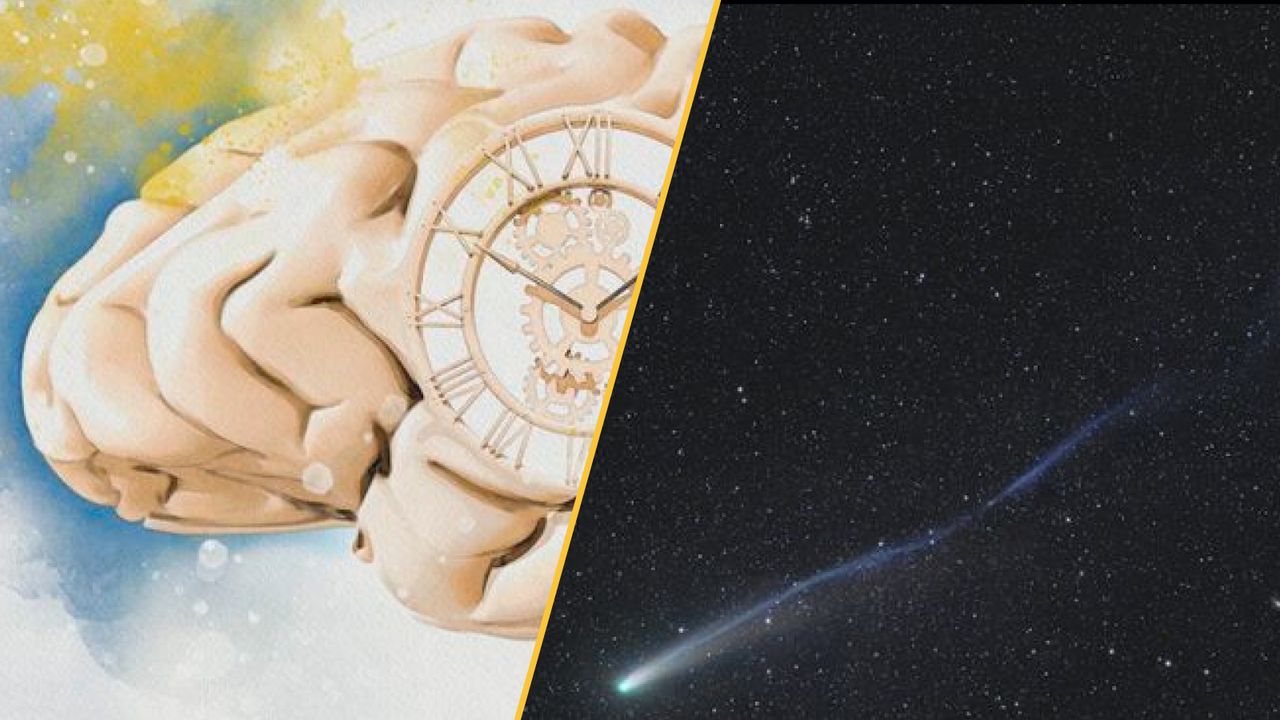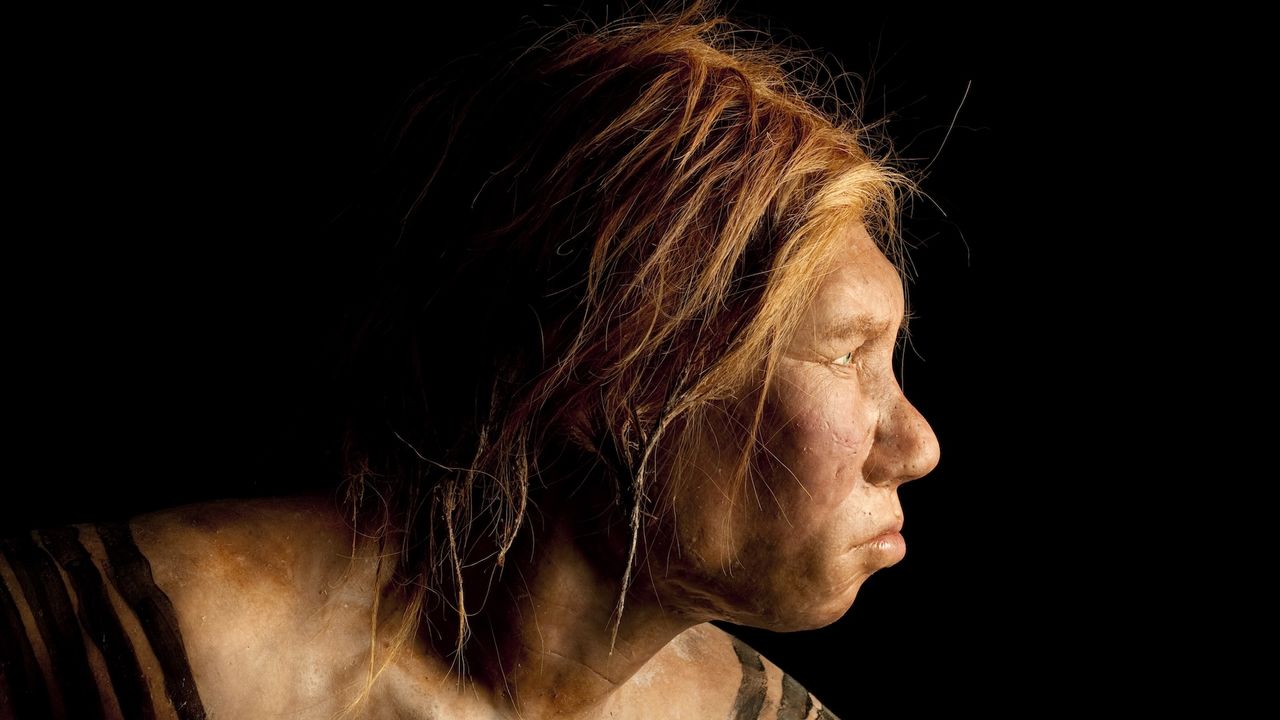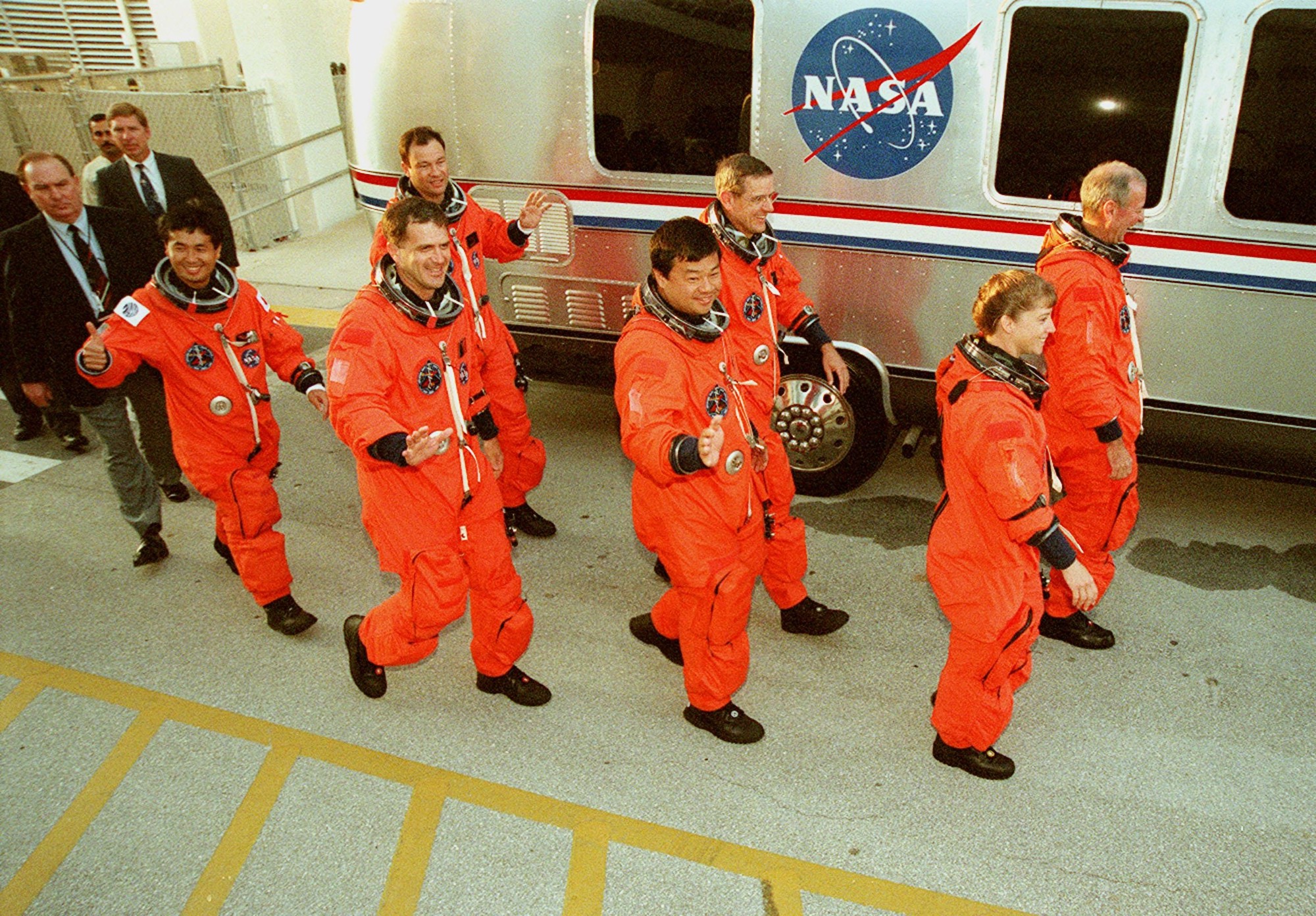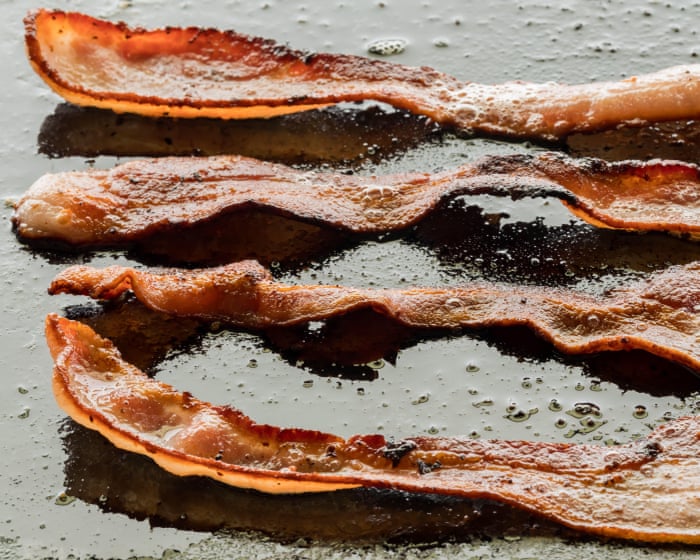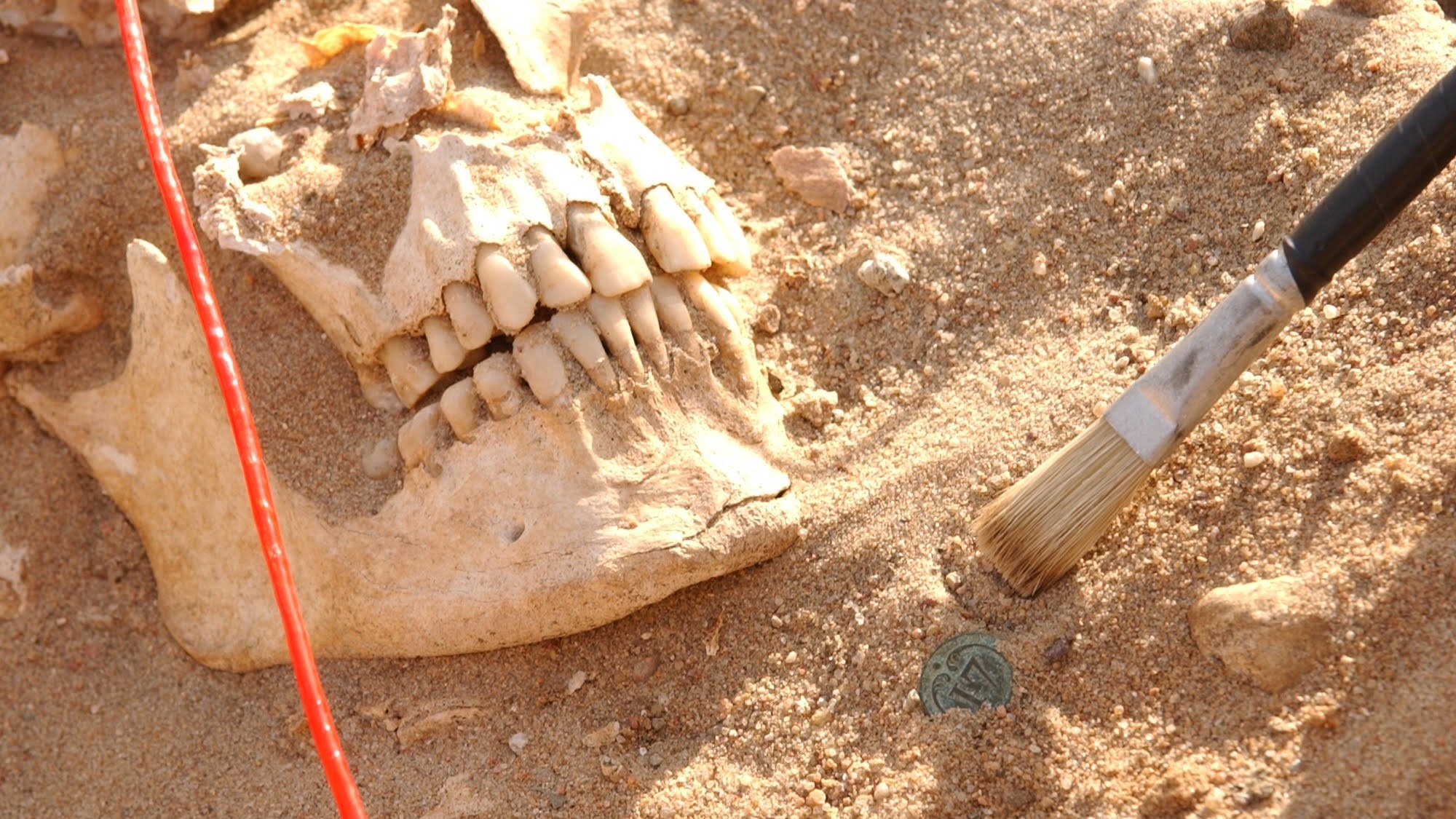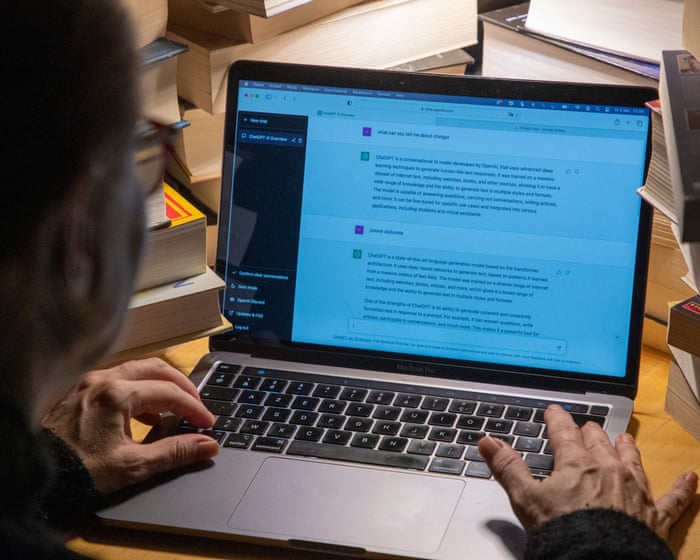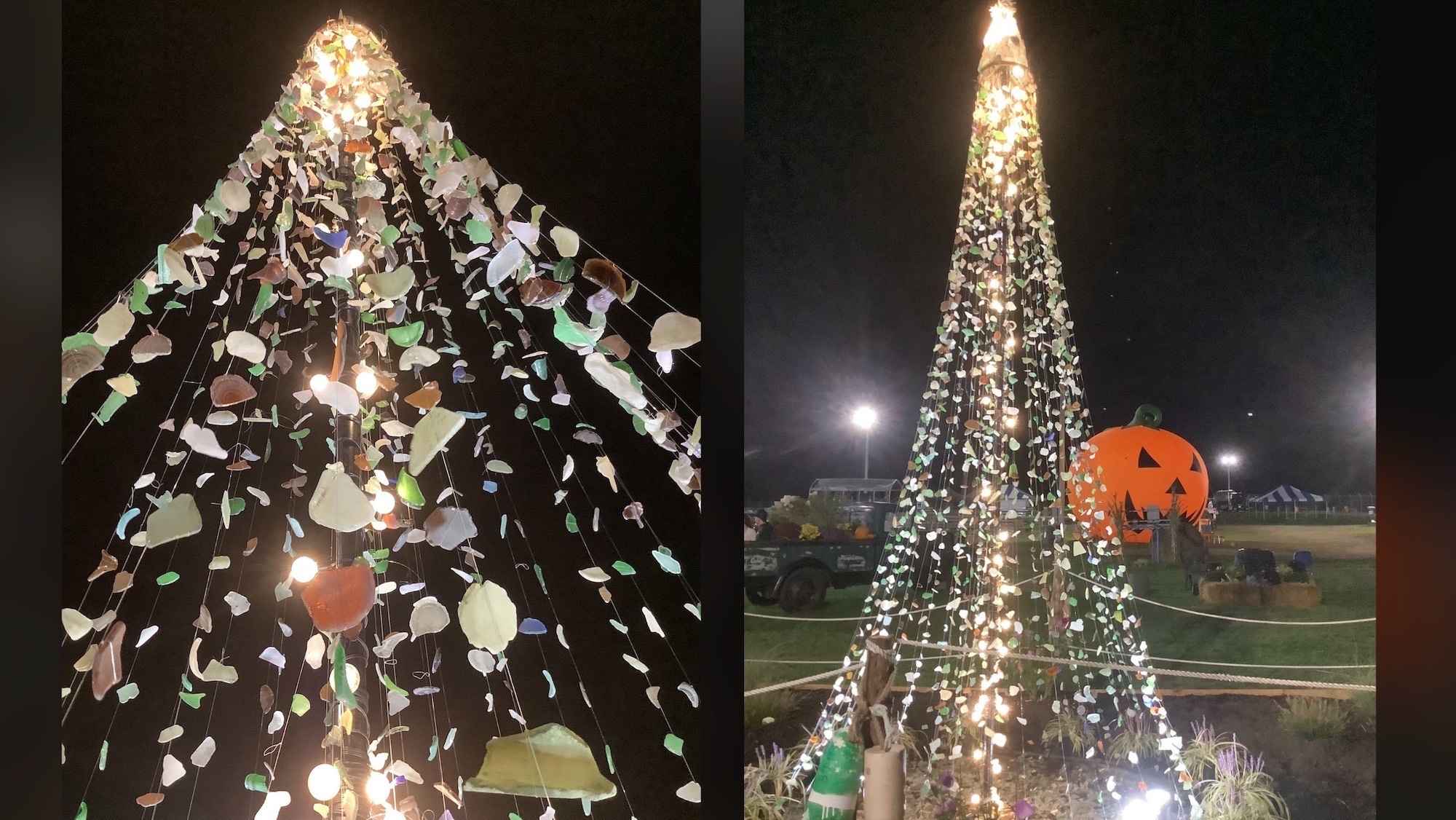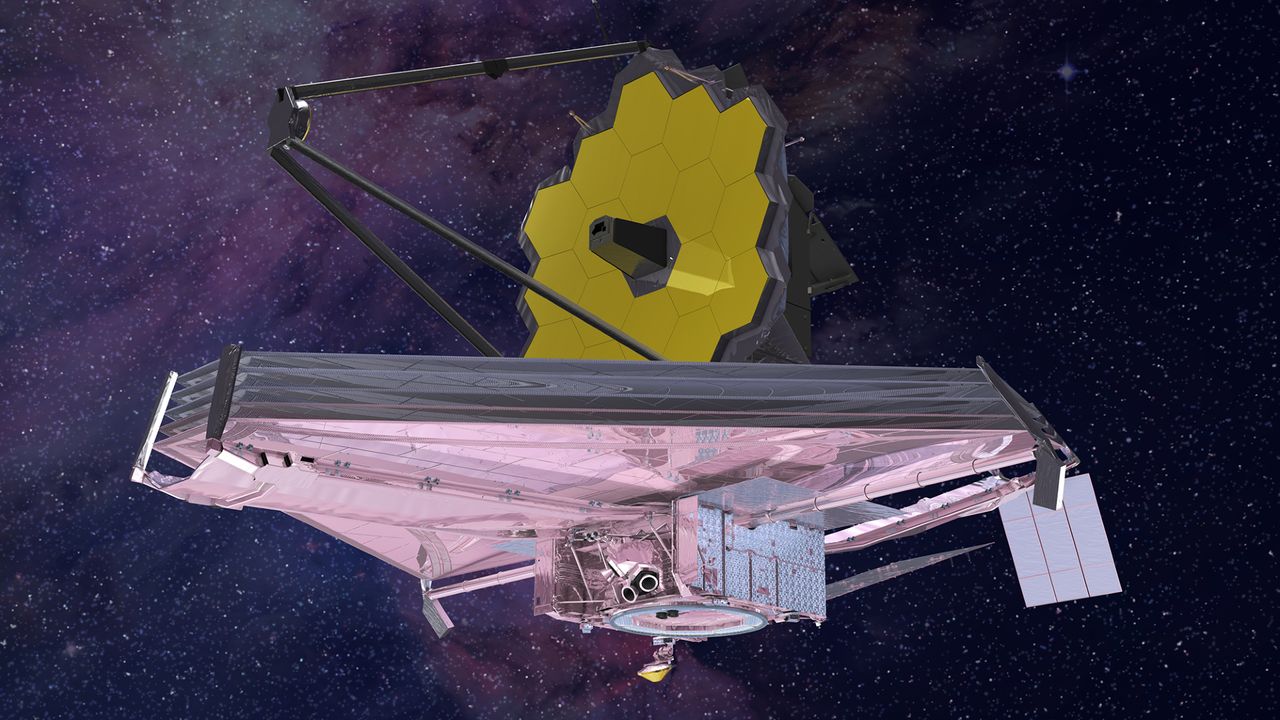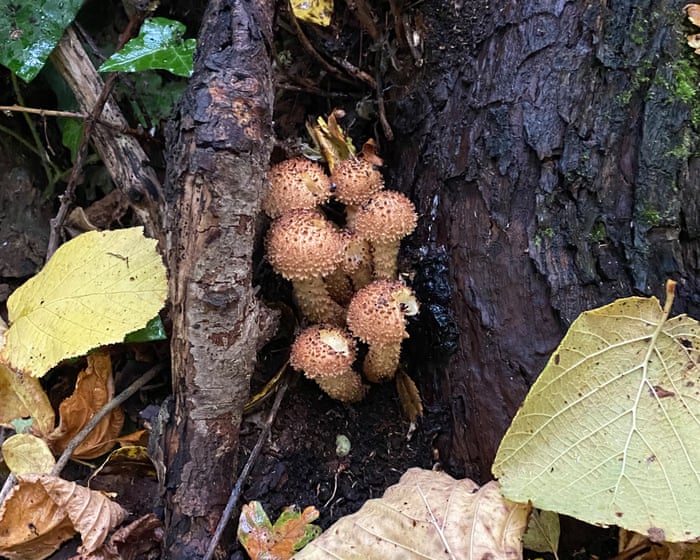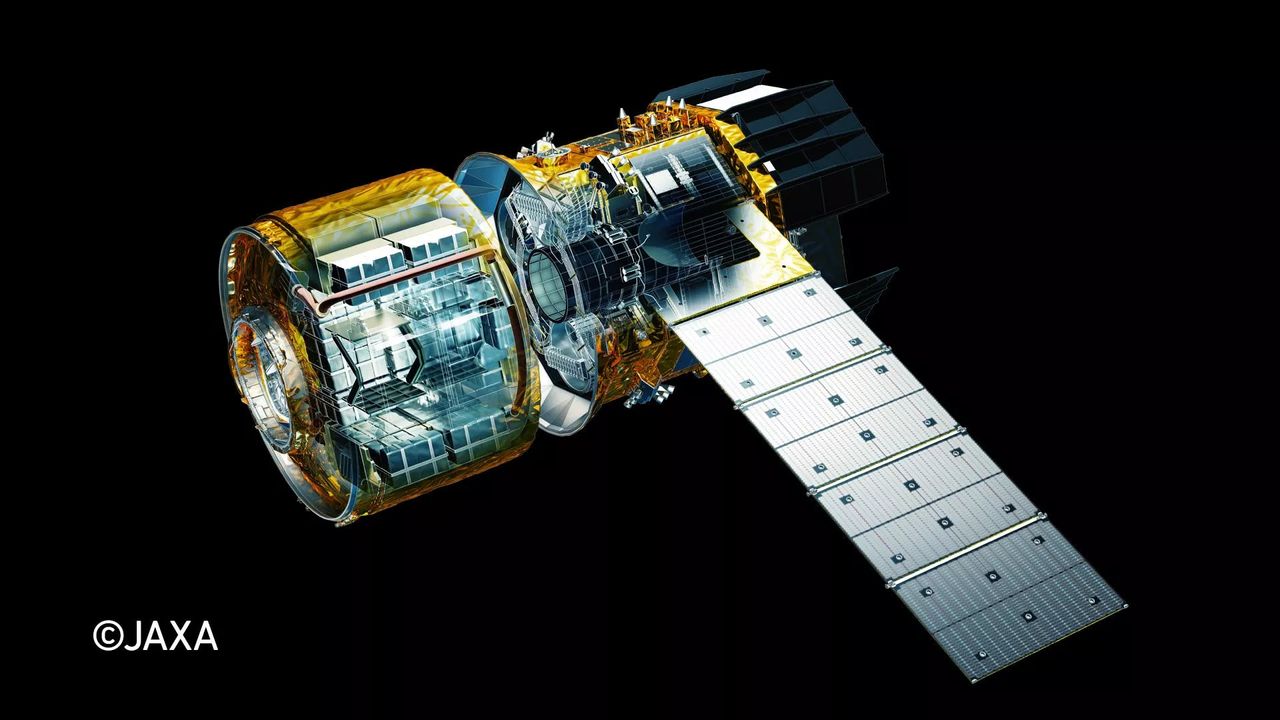Scientists prepare for the next Carrington Event
NeutralScience
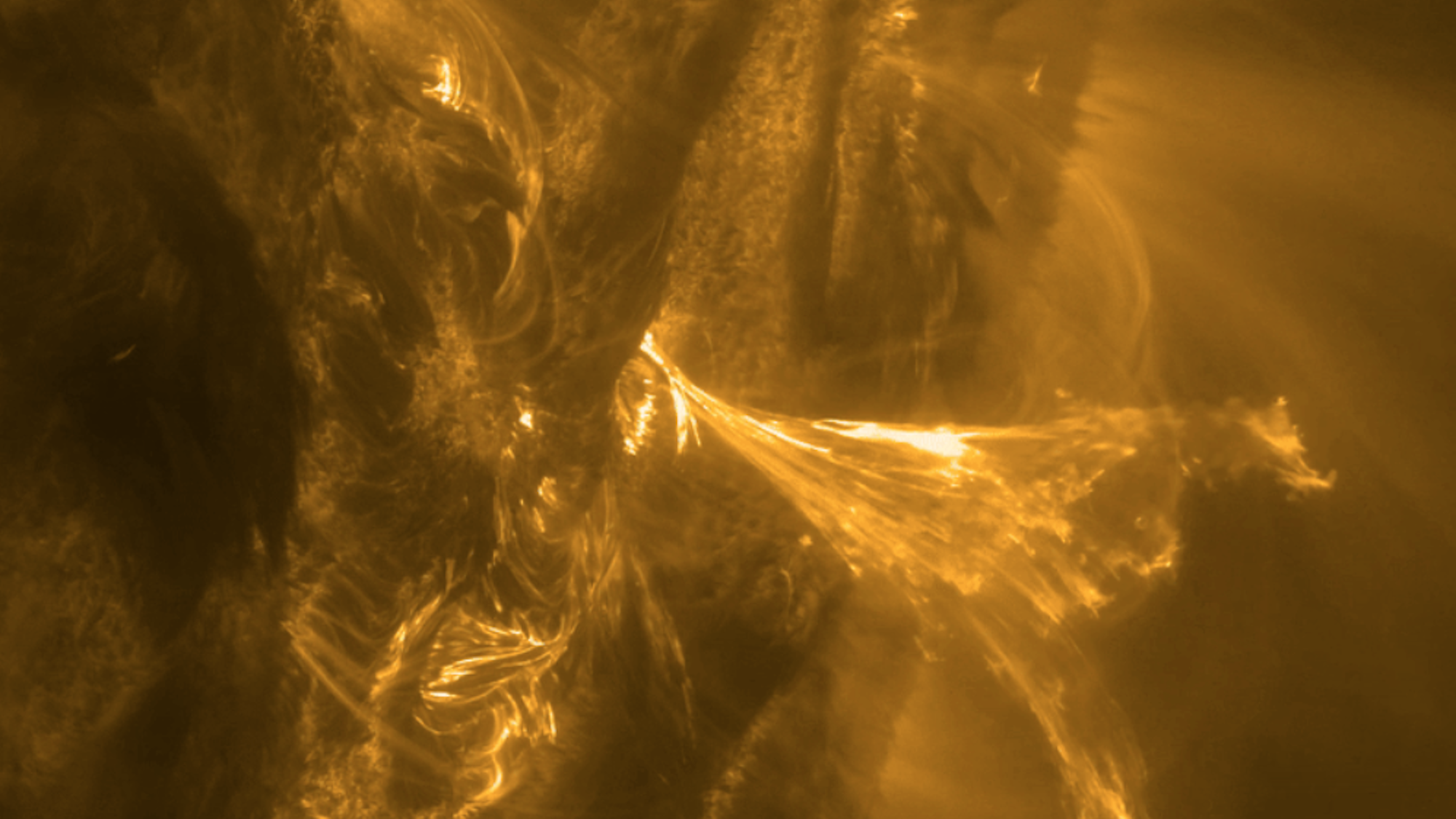
Scientists are gearing up for the possibility of another Carrington Event, a massive solar storm that could disrupt technology on Earth. While the last event in 1859 caused significant telegraph outages, today's reliance on technology makes the stakes much higher. Experts emphasize that there are currently no effective solutions to mitigate the impact of such an event, highlighting the need for better preparedness and research in solar weather forecasting.
— Curated by the World Pulse Now AI Editorial System
